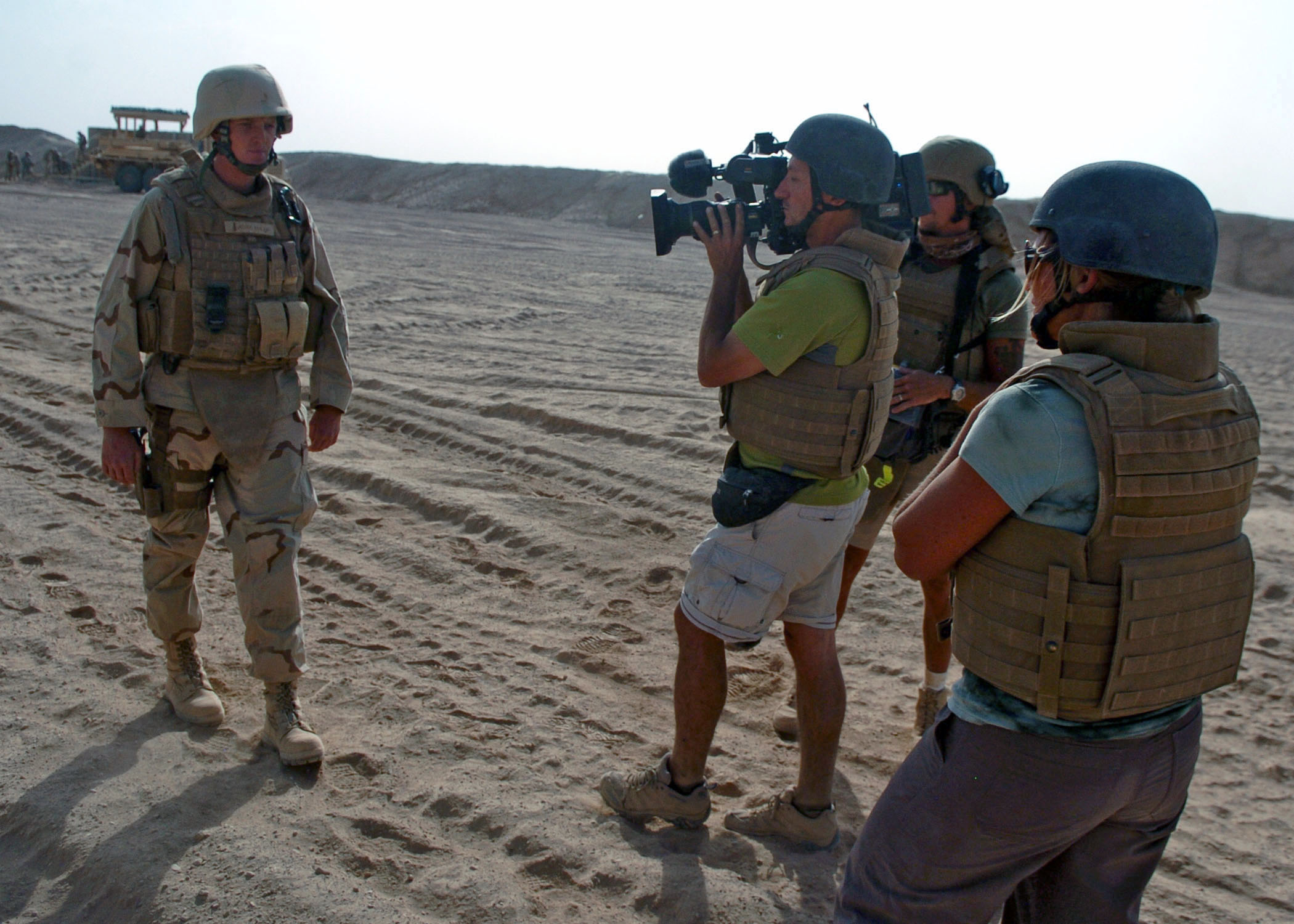Among film genres, the documentary stands apart. In theory, it does not involve the writing of a script in the strictest sense of the word but illustrates a real situation, which unfolds without the intervention of fiction. Since it is not centred on an invented, constructed story, there are no actors playing parts. Rather, it captures life as it unfolds or shows aspects of it that are of particular interest.
Cinema sprang from the need to document reality. The first cinematographic films could be considered true examples of documentary: they are, indeed, known as films of “real life” since they focus attention on episodes of daily life. These are shots of real events, like workers at the gates of a factory in La sortie des usines Lumière (1895, “Workers leaving the Lumière Factory”) by Louis and Auguste Lumière, or shots of nature, as in Rough Sea at Dover (1895) by Birt Acres.
Even if the documentary does not permit the element of fiction, it does nevertheless present a selective, manipulated reality: indeed, the director decides what to shoot and when to start and finish shooting, and therefore favours one portion of reality over another, thereby making a choice.
Based on the various subjects tackled, the documentary has assumed different features and objectives over the years. At the end of the Second World War, it was an invaluable tool to make people aware of the horrors caused by the conflict. In a completely different field, documentaries on nature directed by James Algar and produced by Walt Disney gained popularity from the end of the forties.
In the fifties and sixties, the investigative documentary became established and the political documentary emerged, denouncing injustices in every part of the world and documenting forms of protest: for example, the demonstrations against the Vietnam War. The great documentary makers included Joris Ivens, Chris Marker and Robert Kramer.
From the sixties, the types of documentaries multiplied, due also to the development of sophisticated techniques and lighter equipment, with new trends connected to the personalities and training of the various filmmakers. In parallel with the development of an increasingly complex reality, the documentary produced significant opportunities for analysis and reflection.
Today, the mockumentary has become very successful, a term that combines two words: “mock” and “documentary”. Mock can signify fake but it also means to poke fun at or imitate. In this sense, mockumentaries are not simply fakes, but become important ways of exploring the differences between “facts” and the reconstruction or invention of reality, which, on first sight, appear plausible, not prepared or staged.
The oldest example of this practice is the famous experiment by Orson Welles who, in 1938, presented Herbert George Wells’ The War of the Worlds on the radio and triggered panic along the coast of New Jersey, with two million people fleeing their homes, convinced of the imminent invasion of Martians. The first case on film dates back to 1965 with The War Game by Peter Watkins, which made the possibility of an atomic attack on England and the consequences of nuclear war on the population of Kent plausible and realistic.
The BBC originally produced it for television but then only distributed it in cinemas, due to the difficult nature of the subject matter and the impact of certain sequences.
Producing partner: Aiace Torino http://www.aiacetorino.it/
Voice talents: Dylan Ayres, Sharon Fryer
Music: Bensound – Brazilsamba (Composed and performed by Bensound http://www.bensound.com)






































